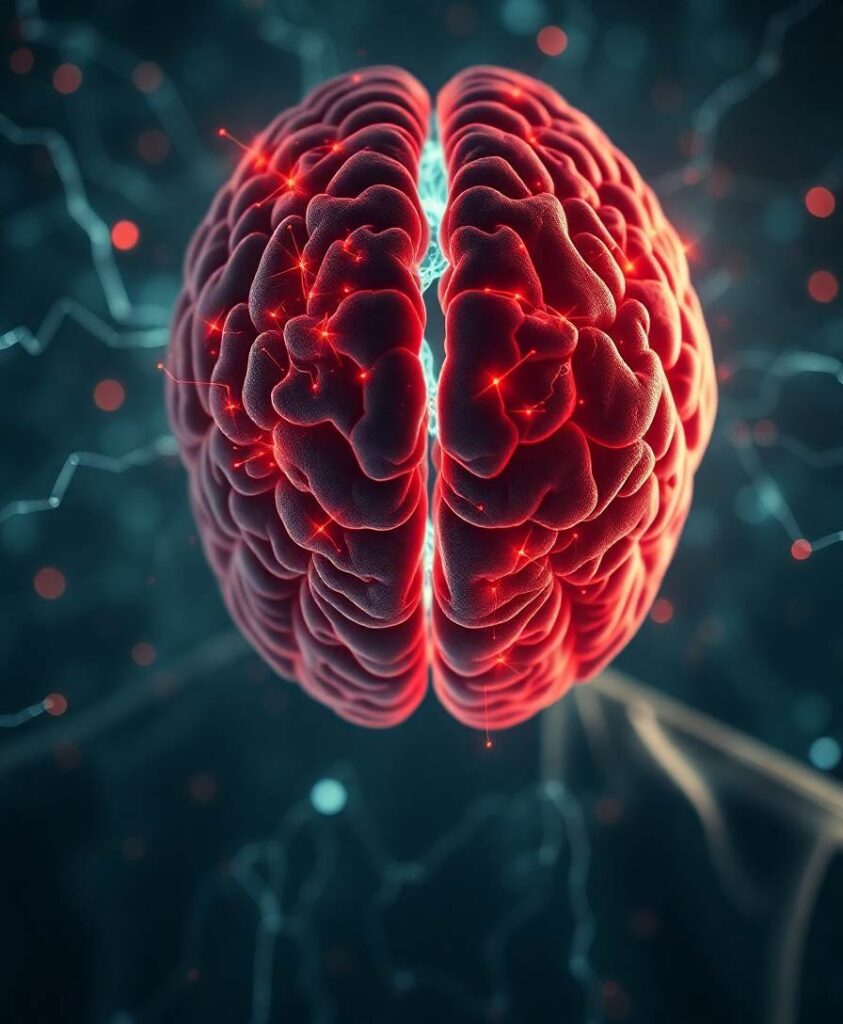IntroductionHealthy aging affects several domains of cognitive and motor performance and is further associated with multiple structural and functional neural reorganization patterns. However, gap of knowledge exists, referring to the impact of these age-related alterations on the neural basis of tool use–an important, complex action involved in everyday life throughout the entire lifespan. The current fMRI study aims to investigate age-related changes of neural correlates involved in planning and executing a complex object manipulation task, further providing a better understanding of impaired tool use performance in apraxia patients.MethodsA balanced number of sixteen older and younger healthy adults repeatedly manipulated everyday tools in an event-related Go-No-Go fMRI paradigm.ResultsOur data indicates that the left-lateralized network, including widely distributed frontal, temporal, parietal and occipital regions, involved in tool use performance is not subjected to age-related functional reorganization processes. However, age-related changes regarding the applied strategical procedure can be detected, indicating stronger investment into the planning, preparatory phase of such an action in older participants.


